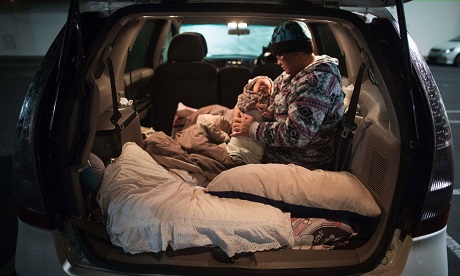Against a backdrop of high inflation, Caritas Aotearoa New Zealand is reminding the Government to address its responsibilities to tackle ongoing crises in housing, climate change and underlying inequality that worsen outcomes for the poor.
It made the comments in its submission to the Finance and Expenditure Committee about the Budget Policy Statement 2022.
Inequality has increased during the Covid crisis and both short-term and long-term measures are required to deal with this, Caritas said.
Listening to local and most-affected communities would help, Caritas suggests. This way the Government will be better informed to tackle ongoing crises.
Its submission spells out five specific concerns for the Government to consider.
Housing
Unaffordable, unavailable housing is an issue numerous support agencies are anxious about.
The cost of living is scarily high. Rental prices have surged yet again to an average of $575 a week. That’s an increase of 7 per cent on last year. If you’re living in Porirua, you’ll be spending an average of $670 a week.
“The rent increases are huge and it’s having a real impact on whanau, their ability to provide the necessities,” says Porirua’s Salvation Army Nicki Dutton.
“Lots of people are staying with friends or staying in cars, a lot of overcrowding. I’ve heard recently of a family of 13, extended whanau in a three-bedroom house.”
Caritas says access to a wide range of safe, affordable and healthy homes remains one of New Zealand’s most pressing social issues. It’s a concern that is affecting people across the country.
It would like to see a broader approach to accommodation being taken: including it “in the objectives relating to physical and mental wellbeing, and the just transition.”
Environmental support
Caritas says increased climate funding to address the climate emergency needs to be accountable to taxpayers and communities most in need.
“Assessment of impact needs to be based on criteria relevant to local communities,” says Caritas.
“We support directing proceeds from the Emissions Trading Scheme to the new Climate Emergency Response Fund (CERF), and look forward to seeing clear directives, funding criteria for projects and evaluation of impact towards New Zealand’s climate response.”
Health and COVID-related funding
Caritas submitted that the government needs to prioritise appropriate funding and relevant data for Māori, Pasifika, the elderly, people with disabilities and those with underlying health conditions.
The health system’s overhaul needs to take sufficient account of subsidiarity – that decisions be made at the most appropriate level to ensure responsiveness and accountability to local communities.
Technology
Caritas welcomes new technologies and greater digital connectivity to provide jobs and more sustainable ways of working.
Technology and the economy must serve the common good of humanity, the Agency cautioned. “Nothing can replace face to face encounters and the need for genuine human connection and interaction.”
It recommends an “integrated approach to providing services” to allow “full participation in ways appropriate to different people.”
Te Ao Māori
“We support inclusion of Te Ao Māori perspectives with the Living Standards Framework as applicable to the wellbeing of all … and which also supports a long-term intergenerational approach to wellbeing,” Caritas wrote.
Source
- NewsHub
- Supplied: Caritas Submission on Budget Policy Statement 2022
News category: New Zealand.




